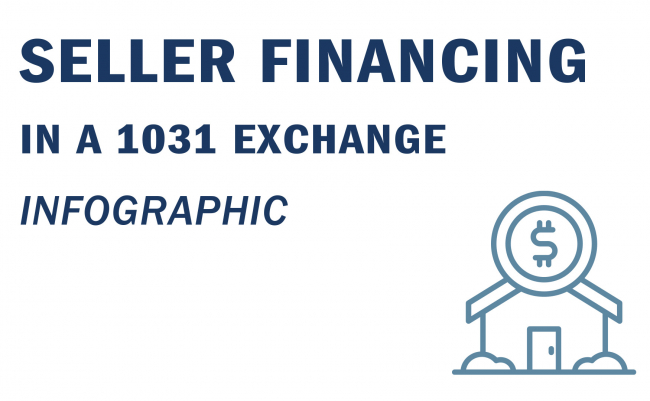As with most service industries, not all Qualified Intermediaries (QIs) are created equal, nor do all QIs service their clients with the same standards and expectations in place. Below is a list of criteria you should evaluate prior to selecting a Qualified Intermediary to facilitate your 1031 exchange.
Bigger Isn’t Always Better
It is easy to assume that the largest company might be the best option, but that is seldom the case. We estimate that roughly 30% of the Live Chats we received through our website are from individuals and tax advisors that have a 1031 exchange open with a different QI but are unable to get in touch with them to answer their time sensitive questions in relation to their 1031 exchange, and so they reach out to us.
Easy Accessibility
Today’s consumer wants accessibility at their fingertips, and with today’s technology why shouldn’t they get it? When evaluating QI options, pay special attention to how easily you will be able to contact them in the future.
Do they have a (800) number? Does a real person answer the call without you having to push several buttons to navigate an automated system? Will you have the ability to speak with an attorney, Certified Exchange Specialist®, or other subject matter expert regarding thorny situations?
Do they have a live chat on their website, with a real specialist on the other end available to quickly answer your questions?
QI Roster
A QI is only as good as its employees. When researching your QI options, look into the breakdown of their internal team.
Do they have on-staff attorneys specializing in 1031 Exchanges? Not all 1031 exchanges are cut and dry; some have complex aspects and nuances that require a specialized 1031 exchange attorney to ensure validity regarding IRC 1031. If the QI doesn’t have on-staff attorneys, you can expect delays and sometimes increased fees to bring in outside council.
What is their largest department? If it is not the Service department, then you might infer service isn’t their priority. A QI set-up with an adequate service and processing team will be set-up for successfully processing 1031 exchanges.
You Get What You Pay For
As with most things, when it comes to a 1031 exchange, you get what you pay for. Pricing is often reflective of the level of personal attention you will receive throughout the process. Companies that offer the lowest price do so by offering minimal touchpoints with their clients, and often minimal experience among their staff. Their goal is quantity, not quality. Similarly, companies that offer flat-rate pricing are not considering the unique aspects that accompany most 1031 Exchanges. 1031 Exchanges are not one size fits all and therefore a flat-rate pricing model doesn’t work.
If you are looking to start a 1031 Exchange, we encourage you to reach out to various QIs and then evaluate their overall service offerings. Ask yourself the following questions of each QI: Were they easy to get ahold of via phone, live chat, email? Did they offer 1031 Exchange information and answers without charge? Do they have sufficient expertise and servicing team members?
At Accruit, we pride ourselves on providing the world class customer service with a consistent Net Promoter Score of over 80; we have received over 200 5-star Google reviews from our valued clients; and perhaps most telling, over 93% of our clients are repeat customers or direct referrals from other companies within the real estate industry. Additionally, Accruit has five on-staff attorneys that are 1031 exchange subject matter experts boosting over 100 years collective experience.
If you have any questions or would like more information on our 1031 Exchange services, please reach out to us today!






